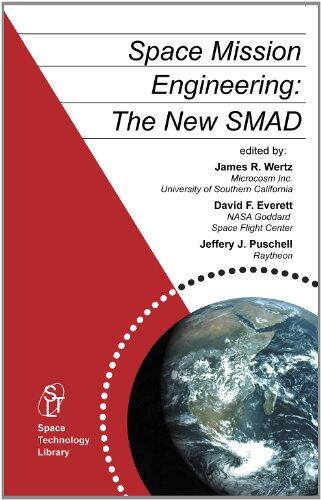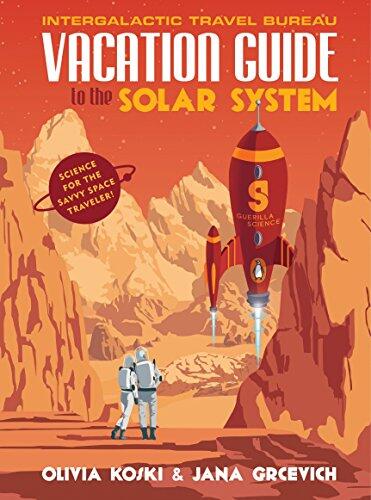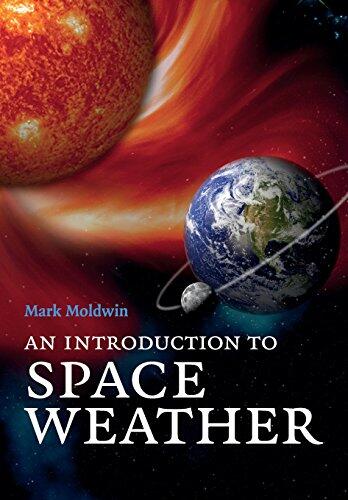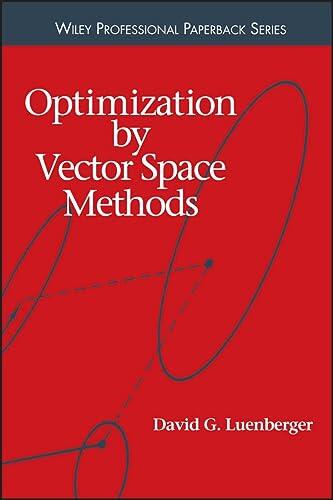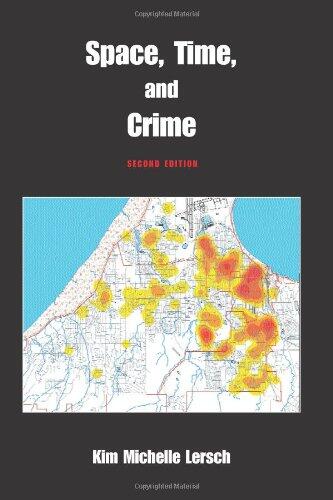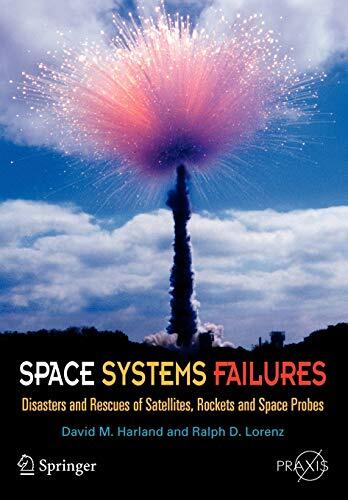
Space Systems Failures: Disasters and Rescues of Satellites, Rocket and Space Probes
by:
David M. Harland
Edition: 2005
Language: English
Format: Paperback
ISBN 10: 0387215190
ISBN 13: 9780387215198
Publication date:
May 31st, 2005
Publisher: Praxis
Pages: 388
Genres: Science & Technology
This book delves into the intricate world of space systems failures, exploring a range of disasters and rescues associated with satellites, rockets, and space probes. Written by experts David M. Harland and Ralph Lorenz, it takes an engineering perspective to dissect the complexities and challenges faced in space exploration. The authors combine their extensive knowledge and experience to present readers with a thorough analysis of past failures, offering insights into the technological missteps and unexpected obstacles that have plagued various missions.
Throughout the chapters, the narrative unfolds with a detailed examination of notable incidents, providing a historical context that highlights lessons learned in aerospace engineering. By analyzing these failures, Harland and Lorenz aim to inform and empower current and future engineers, showcasing how resilience and innovation can emerge from setbacks. The work is well-researched, bringing together case studies that underline both the vulnerabilities and the triumphs of human ingenuity in the harsh environment of space.
Additionally, the book captures the emotional and human elements entwined in each mission. Readers are invited to consider not only the technical aspects but also the ramifications of space failures on individuals and organizations alike. This perspective serves to humanize complex engineering processes, making the content accessible to a broader audience, including those curious about space exploration beyond the technical community.
With its comprehensive analysis and engaging storytelling, this book stands out as a vital resource for anyone interested in aerospace engineering or the fascinating history of space exploration. Its unique take on failures as opportunities for growth and learning is a compelling reminder of the ongoing quest to push the boundaries of what is possible beyond Earth.
Throughout the chapters, the narrative unfolds with a detailed examination of notable incidents, providing a historical context that highlights lessons learned in aerospace engineering. By analyzing these failures, Harland and Lorenz aim to inform and empower current and future engineers, showcasing how resilience and innovation can emerge from setbacks. The work is well-researched, bringing together case studies that underline both the vulnerabilities and the triumphs of human ingenuity in the harsh environment of space.
Additionally, the book captures the emotional and human elements entwined in each mission. Readers are invited to consider not only the technical aspects but also the ramifications of space failures on individuals and organizations alike. This perspective serves to humanize complex engineering processes, making the content accessible to a broader audience, including those curious about space exploration beyond the technical community.
With its comprehensive analysis and engaging storytelling, this book stands out as a vital resource for anyone interested in aerospace engineering or the fascinating history of space exploration. Its unique take on failures as opportunities for growth and learning is a compelling reminder of the ongoing quest to push the boundaries of what is possible beyond Earth.


